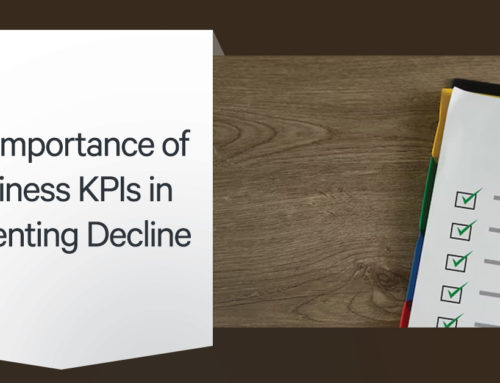When you die, you will want to make sure that your estate will go to the right people, be it your spouse, children, or other family members and friends. Inheritance tax can really take a chunk out of your estate and reduce the amount available to be passed on, as was seen this past year; in 2021/2022, a record figure of £6.05 billion was paid in tax.
Though this can sound a bit daunting and frustrating when it comes to ensuring your estate is passed on to your loved ones, there are actually a number of different ways that you can reduce the amount of inheritance tax you are due to pay. If you are interested in working out what you could be due to pay now, then it is worth looking at an inheritance tax calculator, as it may be that you already won’t owe anything.
So, what are some of the most effective ways to avoid paying inheritance tax in the UK?
Make a Will
The first part is reasonably straightforward. Making a will is a massive part of planning the distribution of your estate, as in doing so, you can ensure that everything will be distributed in line with your wishes. If you are concerned about who might inherit your assets and the tax that will be due on said assets, then you need to be sure that you have a will in place. If you don’t put a Will in place, then all of your estate will be distributed as per the laws of intestacy.
There are a number of other benefits that come with writing a Will, and this is not something that you should hold off on doing. It can always be amended later, but for now, to make sure everything is as safe and organised as possible, you should reach out to an organisation and get some help writing your Will.
Keep Below the Inheritance Tax Threshold
Currently, the nil-rate band (also known as the inheritance tax threshold) is £325,000. It has been announced that the tax threshold will remain at this level until 2026. For couples, the nil-rate band is transferrable, which means that it becomes £650,000 instead. Essentially, this means that you will only be liable to pay tax on any amount that comes above the nil-rate band. There are a number of different ways that you can distribute your assets so that they remain below the £325,000 inheritance tax threshold.
Give Away Your Assets
If you have assets, then you always have the option of giving them away. If you do this and then survive for another seven years, all of the gifts are free and, as such, are not subject to any inheritance tax. Even if you die within those seven years, your inheritance tax will still be paid at a reduced scale. Also, if you want to space your gifts apart, you can give away assets totalling £3000 every year, all of which are completely free of inheritance tax. You are also able to gift £5000 if it is for your child’s wedding. Many people make gifts out of their assets to avoid paying inheritance tax, but you will need to ensure that you’re in the right position to do so first.
Put Your Assets into a Trust
This is another great piece of advice because if you place your assets into a trust, then they are not going to form part of your estate upon your death; as such, they won’t be counted towards your nil-rate band and will not be liable to inheritance tax. Once you have passed, it will be easy for your loved ones to use your trust. They will be able to either keep it as it is and let it accumulate money, or they could remove it from the trust and spend money contained in it. This will involve liquidating it, which you will need to speak to experts about.
Take Out Some Life Insurance
If you want to try and cover any potential liability imposed by inheritance tax, you should take out life insurance. This life insurance policy is for the potential inheritance tax bill. As mentioned above, you will need to ensure that the policy is placed inside a trust because this will ensure it is not paid outside of your estate.
Make Gifts Out of Excess Income
Suppose you are making enough money to the point that you have excess income rather than having said income just form part of your estate, which will eventually become subject to inheritance tax. In that case, you can instead make gifts out of that income. If it is going to qualify as a gift, then the money has to be made up of what is purely excess income; giving that gift is not able to reduce your standard of living in any way.
Leave Some of Your Money to Charity
If you leave some of your money to charity, then this money is not going to be subject to any kind of inheritance tax. You can even take this one step further as if the amount you end up leaving to charity works out as equal to or more than 10% of your total assets, then the inheritance tax on your estate will be reduced from the regular 40% to 36%.
Do You Need Help with Inheritance Tax?
When you pass away, you want to ensure that your loved ones get access to your assets so they can be looked after. A large amount of your estate could be subject to inheritance tax, which will mean that your loved ones will not get access to 40% of it. There are several different ways to avoid such tax, as listed above. For more information and if you need help with putting protocols in place to avoid inheritance tax, do not hesitate to contact Leading UK.






